News
-
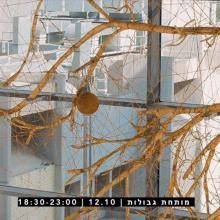
The Scientist and the Artist
The collaboration between Prof. Orit Shefi and artist Vardi Bobrov will feature as part of Transmeet Festival of art and science
-

Sorry, Algorithm, You Got It Wrong
As part of a formal verification and deep learning project, students Yael Leibovitch Weiss and Omer Cohen succeeded in introducing minimal noise to images, thereby leading object Detection algorithms to produce major errors
-
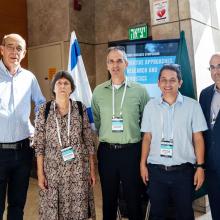
The Diagnostics of Infectious Diseases
Earlier this month, the Faculty’s Prof. Amos Danielli organized a conference on the subject, where he delivered a talk about quick diagnostics using magnetic modulation biosensing technology
-
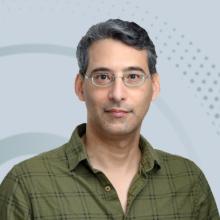
T-Junction: When Cancer Cells Meet Immune Cells
Dr. Shahar Alon studies T cells - single immune system cells, in an effort to figure out the circumstance that allow them to beat cancer cells. This groundbreaking research has earned him the prestigious European Union ERC grant.
-
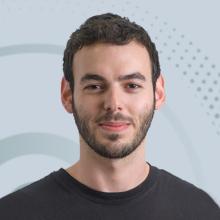
The Right Path
Dr. Dor Atzmon specializes in heuristic search and planning, while working with AI plotting paths for robots in multi-agent environments
-
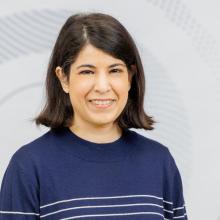
Robots can Lie
Dr. Michal Yemini studies optimization and distributed learning networks, using lying agents and intermittent connection, with particular focus on issues of information trust across robotic networks
-
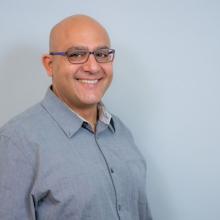
Introducing Prof. Doron Nave
Prof. Doron Naveh specializes in the development of two-dimensional materials and their application in electronic devices. The graphene developed in his lab could help achieve significant reduction of global energy consumption.
-
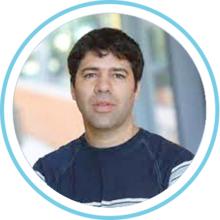
Introducing Prof. Hillel Kugler
Prof. Kugler specializes in formal verification and graphical languages for computational and biological systems. He applies software verification methods on biological cells and biological computers, and runs experiments that will enable deeper scientific understanding and prediction of system behavior.
-

Introducing Prof. Sharon Gannot
Prof. Gannot specializes in speech signal processing. Among other things, he is involved in developing algorithms for advanced hearing aids while also developing the hearing capabilities of social robots as part of a European Union project.
-

Seeing the Light
By the end of a project that lasted about four years, Prof. Moti Fridman’s team and Dr. Eliahu Cohen have successfully co-developed a unique quantum interferometer, based on time lenses, which allows high-precision measurements of ultra-fast processes
-
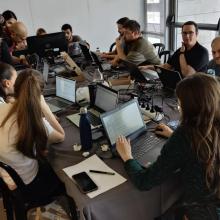
Challenging our Students as part of their Grade
The winners of the concluding hackathon of the Digital Design Principles (DDP) course were the team who created an image-processing accelerator that can perform convolution using a dynamic kernel
-
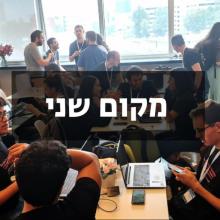
And the Hackathon’s Second Place Goes to: 3D Model for Robots
Team members Aviv, Lahav, Asher, Itay, and Eyal developed a system that allows one to see robots in action on a 3D image and gain accurate input on their position
-
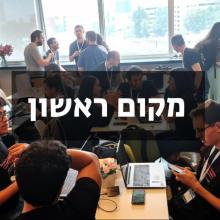
And the Hackathon’s Winners are: Autonomous Mapping and Navigation System
Team members Maya, Yedidya, Alin and Chen have developed an autonomous mapping and navigation system, mounted on drone or robots, which allows them to navigate their way back even when contact is lost
-
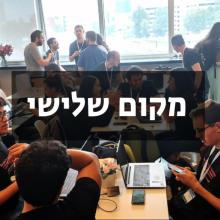
And the Third Place Goes to: Robo-Waze
Yair and David’s team developed a new, safe navigation system for robots. Using existing topographic maps, the system factors in elements like the robot’s weight and slope angles
-

Towards Solving a Quantum Paradox
The results of an experiment reported by Dr. Eli Cohen and his colleague could be the key to understanding a quantum paradox, which projects on the nonlocal, counterintuitive nature of quantum particles



